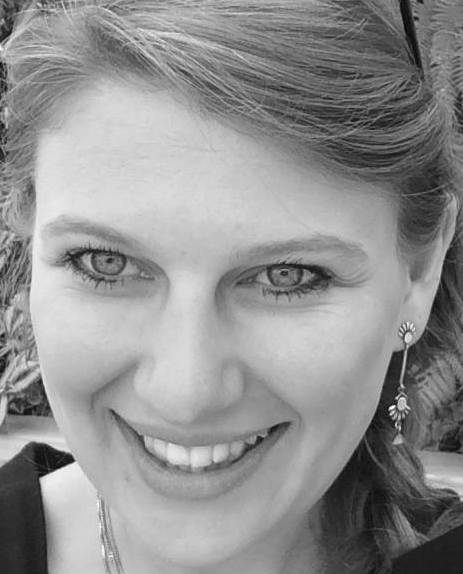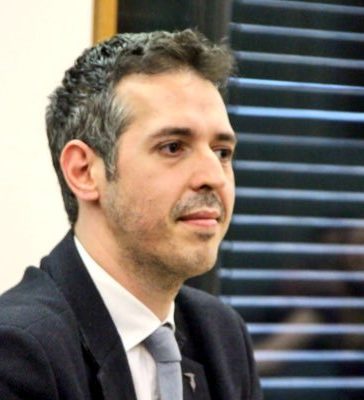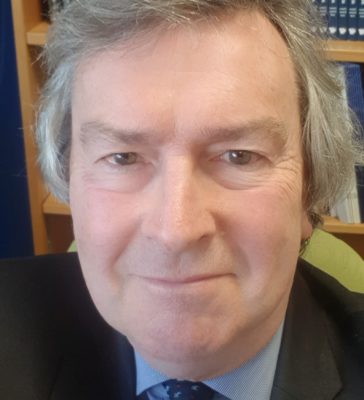
Kathrin Thomas
Current Employer/Organisation Name
Princeton University
What have you been doing since leaving Exeter, and what are you doing now?
I am very grateful that I was able to work on various different projects. After I obtained my PhD in Politics from the University of Exeter, I took on a Teaching Fellow position at the University of Aberdeen, where I was able to gain further teaching and teaching administrative duties. I taught large n lectures and small group seminars at undergraduate and postgraduate level including research methods. I was soon able to move into a full-time research position working on the Austrian National Election Study in the Department of Methods in the Social Sciences at the University of Vienna. At Vienna, I was responsible for the data collection and management of several large n surveys representative of the Austrian general public. When my contract finished, I was able to move to City, University of London, to work as Research Associate in Survey Methodology in close collaboration with the European Social Survey. I predominantly worked on survey methods related questions such as the impact of interviewers on the survey process or how to help tackling the decline in survey response rates. My interest in survey methods also brought me to Princeton. I was hired as Senior Research Specialist on the Arab Barometer, where I have manged the data collection for the fifth wave and am now involved in research using these data. I always enjoyed sharing my knowledge with junior researchers and taken on teaching as Visiting Lecturer along the way. For instance, I have taught methods at Vienna, the University of Duisburg-Essen, City, University of London, but also at the ECPR Winter School in Methods and Techniques.
Why did you choose this career? And what do you enjoy most about your work?
During my PhD I noticed that the data I needed to answer my research question were not available and I also got the change to collect my own data. I got interested in how people collect data and I learned in my previous and current position that is is actually not that simple to collect survey data. There are a lot of challenge in national and comparative survey data collection. In addition, I realised that methods developed for Western or industrialised countries, may not apply to other context. I am intrigued by the idea of helping to improve survey data collection to give a voice to the people. I love to see how a project evolves. Starting the planning and seeing the results of all the efforts put into a project. There is nothing more pleasing than to analyse the data you have collected and actually being able to answer the question that you want to answer.
What did you enjoy most about your programme and what was the biggest highlight?
I was lucky to be part of a wonderful European funded research network, the ELECDEM Initial Training Network in Electoral Democracy. Coming from qualitative research I was able to gain excellent training in quantitative research and a variety of methods. It really meant a lot to me to have this excellent training and I believe I would not be where I am today without the network, the training, the opportunities
What did you enjoy most about studying here?
Exeter is a wonderful place in a beautiful location and it is a great university. I love the inspiring environment of the university. I had excellent peers who are still good friends and an outstanding supervisory team at Exeter and within the network. I could not have asked for more.
Why did you choose to study at Exeter?
I came to Exeter as an Erasmus fellow and enjoyed my time so much that I wanted to come back. I was lucky enough to be offered the Marie Curie Fellowship.
What skills and experiences have been most useful for your career?
Methods skills. Many may find it very distressing to learn methods and believe me I was one of them. Today, I see that all the efforts and sometimes tears have resulted in a great career path and I am pleased to pass my knowledge on to student today.
What advice would you give to a current student who wishes to pursue your career?
Don’t give up. It can be tough to make your through a Masters or PhD, to learn methods and write dissertations. Be ambitious but also make sure you keep the balance. Your friends, peers and supervisors know it is tough and will help you to thrive.
What are your plans for the future?
I am passionate about research and teaching and aim to further progress in my academic career.

